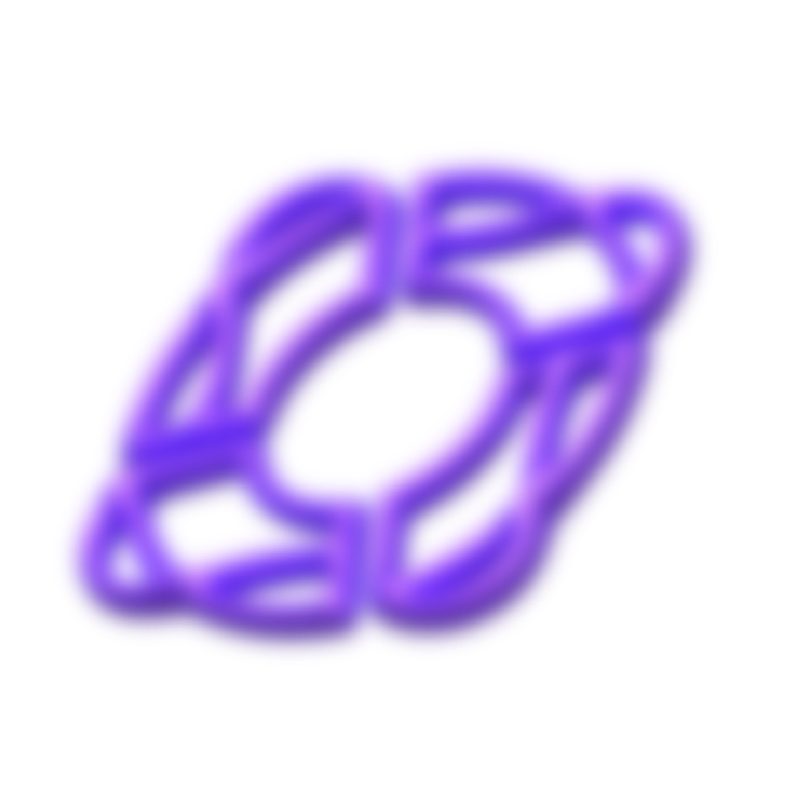














Become a Contributor
Share Risk, Share Rewards
Crypto Has a Big Problem.
Millions of crypto users are vulnerable to theft.
With a single misclick, one's life savings can be lost forever, leaving victims with no recourse or way to rebuild.
This devastating problem now has a groundbreaking solution: Community Aligned Theft Coverage.
It's all made possible by a first of its kind Consumer Protection Token, $FAIR,
allowing anyone in the world to participate in and benefit from its success.




Getting started is easy

Deposit ETH
Contribute to the capital pool by depositing ETH.

Receive $FAIR
Get $FAIR tokens in return, representing your part in the pool.

Start Earning
Connect your wallet to our dashboard to start earning rewards.
Let's break it down
Community Aligned Theft Coverage
By contributing into the capital pool, you join a worldwide community pooling resources together for the common good in exchange for a part ownership in its potential growth, and real yield from the product adoption.



Fund Growth and Adaptability
This capital pool is built to be dynamic and responsive. It grows with new contributions and membership sign-ups and becomes smaller with withdrawals and payouts. The fund's adaptability, uplifted by dynamic incentives (fluctuating monthly rewards) and robust risk modeling from the traditional insurance industry, provides resilience and long-term sustainability.







Web3's Lifesaver
Millions of everyday crypto users around the globe can now sign up for memberships, and be made whole once again if they experience theft. In such cases, they can file a claim and be compensated.
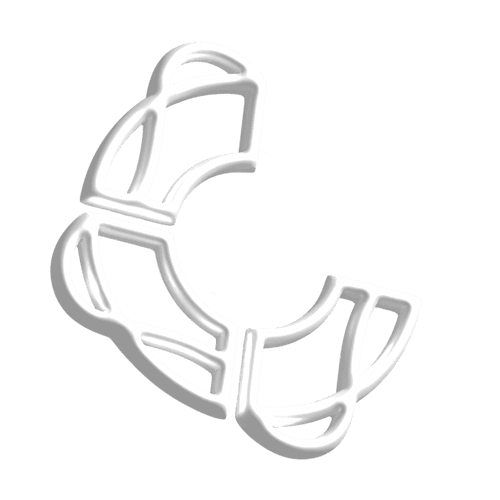
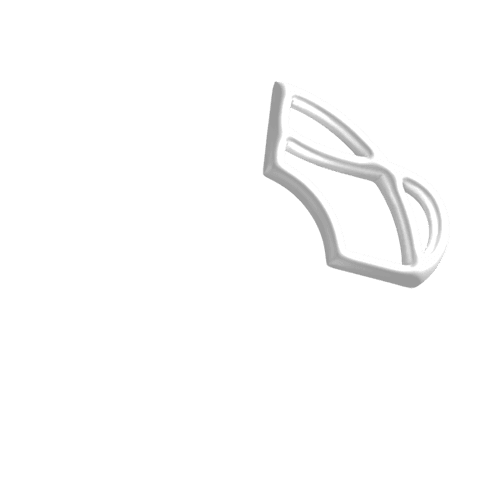






Membership Fees
Receiving this comprehensive coverage requires an annual fee, which helps the pool grow. More members mean a larger pool, increasing value for everyone. A portion of the capital from fees is returned directly to contributors as yield, rewarding their participation as contributors.






THE POOL'S RESILIENCY
Claims payouts and withdrawals are expected and planned for, drawing on traditional insurance risk mitigation strategies. Individual wallet thefts are isolated events, allowing the pool to absorb these losses without significant impact. As long as the pool maintains steady contributions and membership sign-ups, it remains robust and healthy.


















TEMPORARY FREEZE
If the pool becomes too small due to higher than expected claims or significant withdrawals, the pool may reach a certain depth where withdrawals are temporarily frozen to ensure capital is available for membership claims. This mechanism protects the pool's integrity and long-term sustainability.
ATTRACTING NEW CONTRIBUTORS
However, when the pool decreases in size, incentives heighten to attract new contributors, encouraging growth and replenishment once again.
Introducing $FAIR
When you deposit ETH into the fund, you receive $FAIR tokens. These tokens act as receipts, representing your part in the capital pool. Think of it like a variable I.O.U. — its value can go up or down depending on the pool's performance, and these tokens can be redeemed for ETH when the pool is unlocked. Meanwhile, you earn rewards for simply holding.



How Does $FAIR Work?

Dynamic Value
The value of $FAIR tokens changes based on the overall health and contributions to the pool.

DEPOSIT ETH / RECEIVE $FAIR
When you put ETH into the capital pool, you get $FAIR tokens in return.
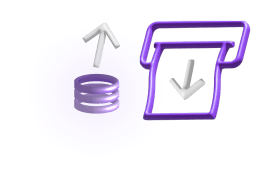
DEPOSIT $FAIR / RECEIVE ETH
You can redeem your $FAIR tokens for ETH from the pool when it is unfrozen.

Hold & Connect
Simply hold $FAIR in your wallet, connect to our dashboard, and start earning for your participation. No lockup necessary.

Monthly Rewards
Earn ETH rewards from membership fees, distributed monthly.
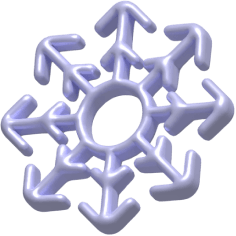
Temporary freeze
If significant withdrawals and payouts occur simultaneously, a locking mechanism temporarily prevents direct redemption of $FAIR tokens for ETH from the pool. However, $FAIR tokens can still be traded on secondary markets during this time.

Community Tribute
A 3.5% tribute is collected on all user withdrawals from the capital pool. This is converted to $FAIR and held in a community fund exclusively for future distribution to long-term holders
